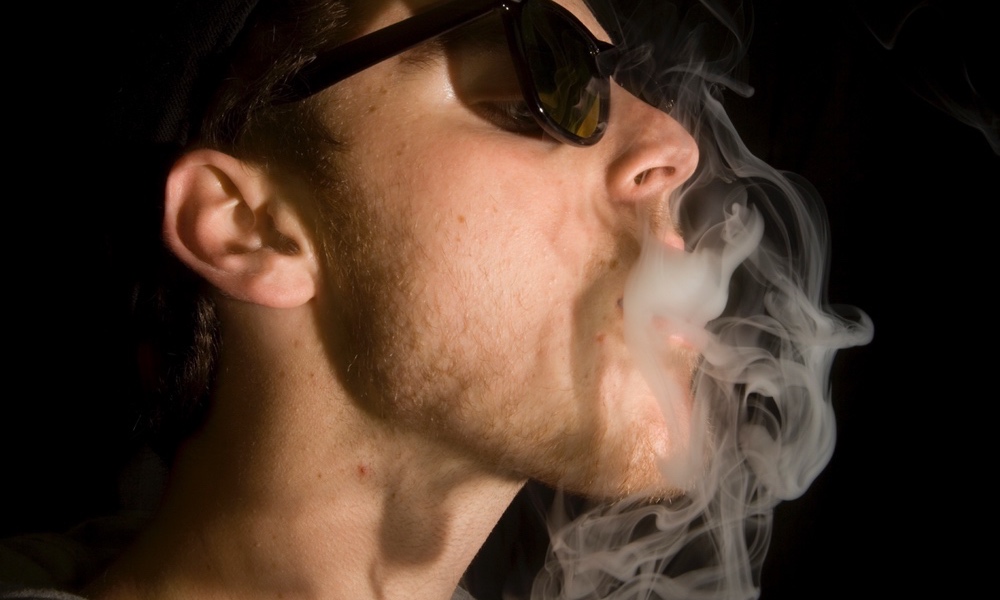Millions throughout the world use marijuana for recreational and medical reasons. In fact, it’s legal to smoke weed in 19 states around our country. But along with the drug’s increased availability and use, a recent Danish study reports a disturbing trend: an uptick in schizophrenia. Could there be a connection?
Schizophrenia is a serious mental illness that interferes with a person’s ability to think clearly, manage emotions, make decisions and relate to others. Symptoms include disorganized thinking, delusions and hallucinations. Although schizophrenia can occur at any age, the average age of onset tends to be in the late teens to the early 20s for men and the late 20s to early 30s for women. Its risk factors are genetics, brain chemistry, environment — and, as this study suggests, substance use.
The Danish study used data collected from the country’s national health registry. It included all people born before December 31, 2000, who were alive and 16 years or older at some point from January 1, 1972, to December 31, 2016. During the study period, the data revealed that the incidence of schizophrenia increased by 8 percent. At the same time, there was also an increase in problematic use of marijuana.How instrumental is marijuana use if an individual has a predisposition for this mental illness?
- Developing tolerance to weed
- Using cannabis in larger amounts or over a longer period than intended
- Being unable to reduce use
- Spending a lot of time obtaining, using or recovering from the effects of cannabis
- Giving up important activities and obligation in favor of cannabis
- Continued use of the drug despite negative consequences
“There is, unfortunately, evidence to suggest that cannabis is increasingly seen as a somewhat harmless substance,” Carsten Hjorthoj, an associate professor at the Copenhagen Research Center for Mental health and an author of the study, said in an email. “This is unfortunate, since we see links with schizophrenia, poorer cognitive function, substance use disorders, etc.”
Even though cases of schizophrenia and cannabis use disorder have both increased three to four times during the past 20 years, this is an association; there’s no clear cause and effect relationship. So, the findings remain inconclusive, and the question remains: could cannabis use merely tip the scales that are already trending toward an increase in cases of schizophrenia? In other words, how instrumental is marijuana use if an individual has a predisposition for this mental illness?
A 2014 study led by Lynn DeLisi, a schizophrenia researcher and professor of psychiatry at Harvard Medical School, suggests an answer. It looked at the relationship between cannabis use and schizophrenia, as well as other contributing factors. It found that there was a heightened risk of schizophrenia among people with a family history of the illness, regardless of their cannabis use. “My study clearly shows that cannabis does not cause schizophrenia by itself,” Dr. DeLisi reported.
The Danish study is published in JAMA Psychiatry.





